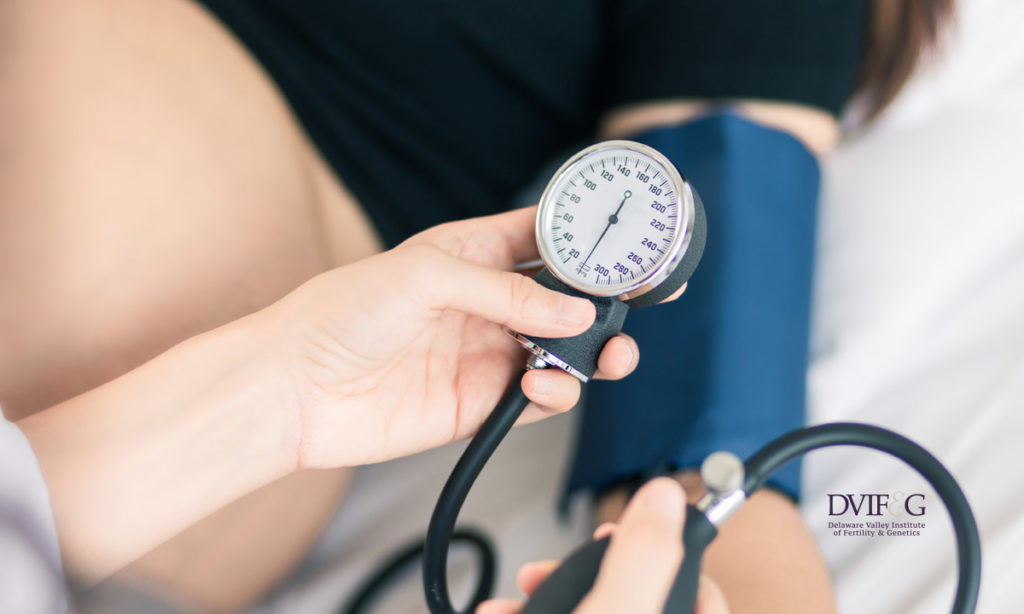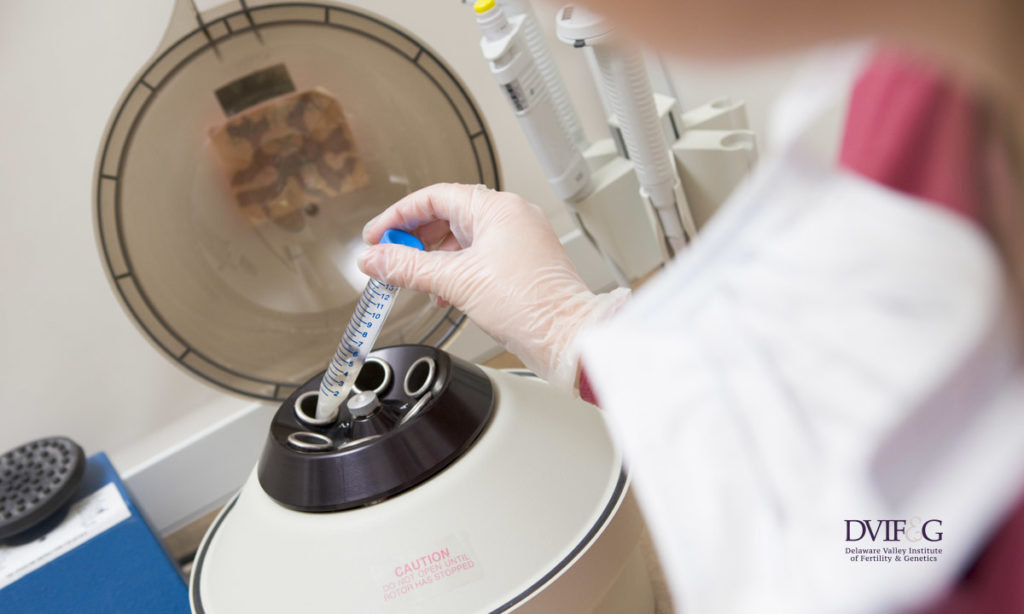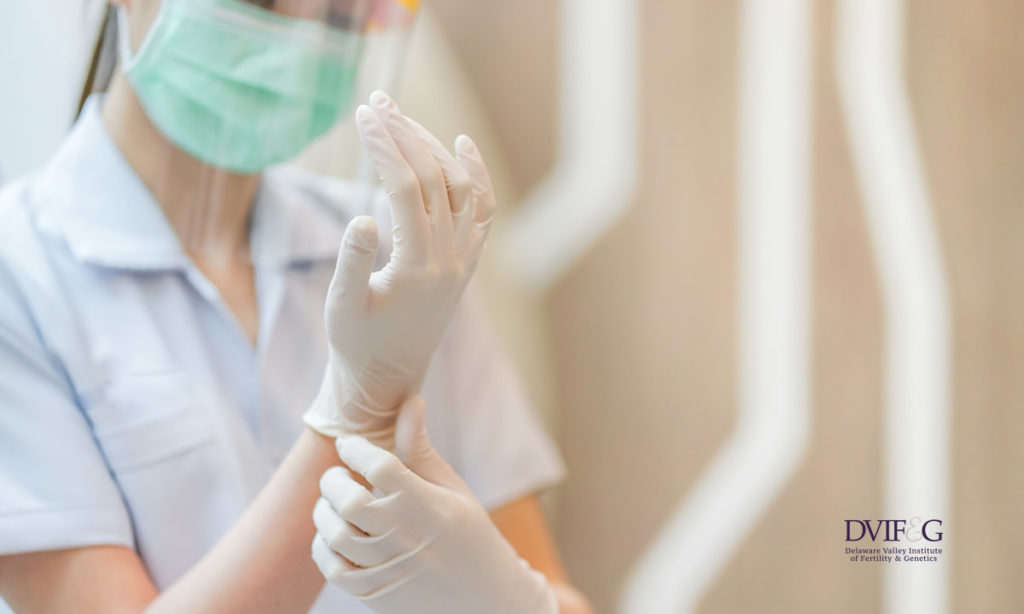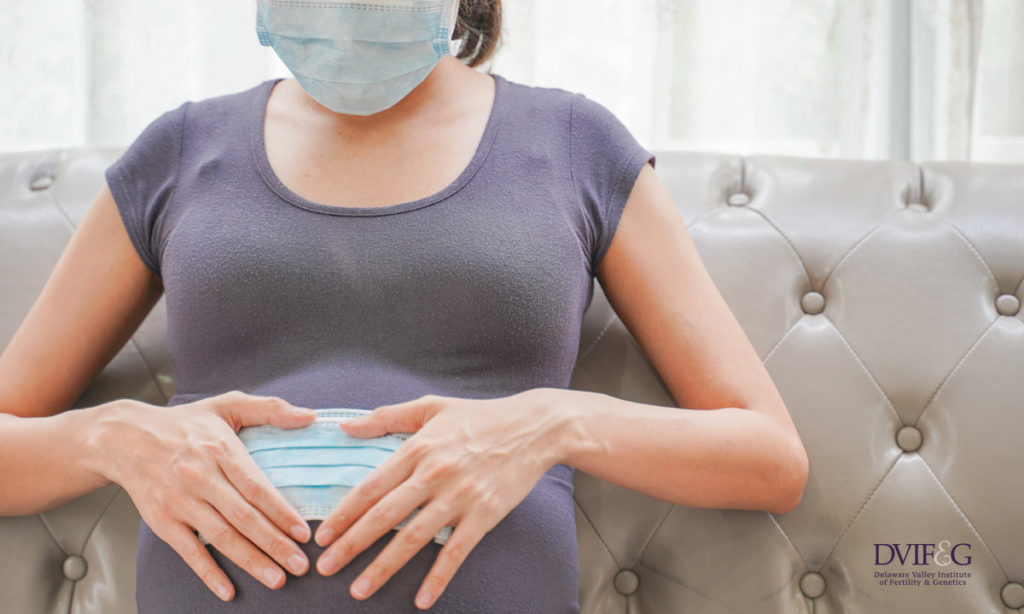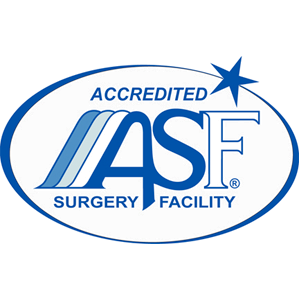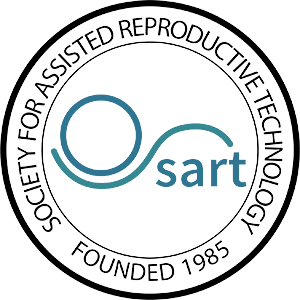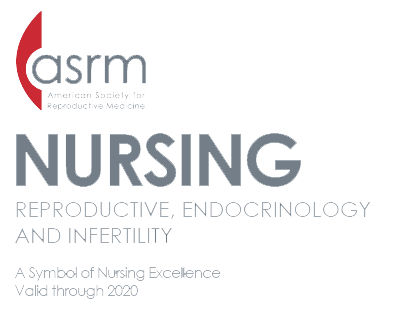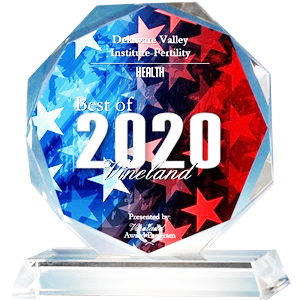A Balanced Approach
to Fertility Technologies
Helping families grow
in sensible, informed manners























































"Our true measure of success"
"Our wish came true at DVIF&G"

DVIF News
Delaware Valley Institute of Fertility & Genetics
Delaware Valley Institute of Fertility & Genetics (DVIF&G) is a premier fertility center, serving patients from beyond the South New Jersey and Greater Philadelphia area. We have offices in Marlton New Jersey and Vineland New Jersey, allowing easy access for patients from greater distances, while maintaining personalized fertility treatment tailored to the needs of each individual couple.
Success Statistics
Our In Vitro Fertilization Success Rates (2015)
58%
Cycles where thaw resulted in live birth (national average was 41%)
67%
Transfers resulting in live births (national average was 47%)
89%
Recipient starts resulting in live birth (national average was 63%)
25+ Years of Excellency
as a premier fertility center, serving patients from beyond the South Jersey and Greater Philadelphia area.
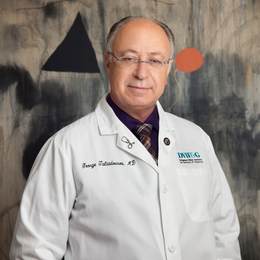

Personal connection & the best care possible
The physicians and staff at DVIF&G pride themselves on maintaining a personal connection with each patient to optimize their experience and outcome of fertility treatment at our center. We understand that fertility treatment can be stressful, time-consuming, and emotionally difficult. Nothing is more important than providing the best care possible. This is one reason we are able to maintain exceptional pregnancy rates. Our “boutique” atmosphere along with a strong commitment to maintaining the highest level of quality control leads to a practice culture where patients can confidently fulfill the hope of growing their families.
Fertility Evaluation (EVAL)
The first step in any successful course of fertility treatment is to understand as much about the root cause of your infertility. Rather than rush you right into advanced protocols like IVF, we focus on thoroughly evaluating both partners in an effort to identify the underlying reasons behind the challenges you face in getting pregnant.
In Vitro Maturation (IVM)
In Vitro Maturation (IVM) is a modification to the traditional IVF protocol that limits your exposure to fertility drugs. This creates a fertility treatment protocol which results in a significant decrease in cost, stress and time. We are proud of the fact that the first IVM baby in the United States was born right here at DVIF&G! View the video interview with Dr. Taliadouros or view our IVM page to learn more.
In Vitro Fertilization (IVF)
IVF is the most advanced, and in many cases, the most effective form of fertility treatment. If you are like most patients who are considering IVF, you have lots of questions about IVF treatment protocols, medications, costs, and success rates. With more than 25 years of experience in helping couples get pregnant in the South Jersey area, we can help you decide if IVF is right for you.
Our History & Philosophy of Care

Founded in 1994, the Delaware Valley Institute of Fertility & Genetics is today one of the leading fertility practices in Southern New Jersey and the Greater Philadelphia area.
We believe every patient is different, every couple is different, every problem is different. That’s why we provide a full spectrum of fertility care tailored to fit the specific needs of each individual patient or couple.
At the Delaware Valley Institute of Fertility & Genetics, we will not only help you become pregnant, but also help you carry your baby full term. This holistic approach is one of the many factors that sets us apart from other centers.
If you are ready, please schedule a consultation today to start your journey with us. We will review your medical history and begin developing a customized treatment protocol designed to help you conceive the baby you always wanted.
At the Delaware Valley Institute of Fertility & Genetics, we will not only help you become pregnant, but also help you carry your baby full term. This holistic approach is one of the many factors that sets us apart from other centers.
If you are ready, please schedule a consultation today to start your journey with us. We will review your medical history and begin developing a customized treatment protocol designed to help you conceive the baby you always wanted.
Delaware Valley Institute of Fertility & Genetics
Centers in South New Jersey
Marlton Fertility Office
6000 Sagemore Drive, Suite 6102
Marlton NJ 08053
856-988-0072
856-988-0056 Fax
Marlton NJ 08053
856-988-0072
856-988-0056 Fax
Vineland FERTILITY OFFICE
2950 College Drive, Suite 2B
Vineland NJ 08360
856-988-0072
856-988-0056 Fax
Vineland NJ 08360
856-988-0072
856-988-0056 Fax
COVID19 Update
Updated 6/23/2021
Per the NJ Dept of Health, one support person is permitted for any type of obstetric or fertility
care. No children are permitted at this time. Masks will still be worn until further notice.
COVID19 Vaccine In Pregnancy And Trying To Conceive
Updated 1/25/2021
• Both the Pfizer and Moderna vaccines are mRNA (messenger RNA) vaccines that DO NOT CONTAIN LIVE VIRUS. Since the vaccines are not live, there is no reason to delay pregnancy attempts or defer fertility treatment until the second dose has been administered. The vaccines are not thought to cause an increased risk of infertility, first or second-trimester loss, stillbirth, or congenital anomalies. The vaccines have not yet been studied in the pregnant population, so large scale data is not available at this time.
• The mRNA instructs the body's own cells to replicate the coronavirus's spike protein. The body recognizes this protein as foreign and generates protective antibodies.
• Mask wearing, hygiene, and social distancing should remain firmly in place at this time, as it is not known whether a vaccinated individual can spread the virus if they become infected.
• ASRM, ACOG, and SFMFM do not recommend withholding the vaccine from patients who are TTC, pregnant, or lactating. Recent studies demonstrate that pregnancy is a risk factor for severe COVID-19 disease. Comorbidities such as obesity, hypertension, cancer, diabetes, age, etc may increase this risk further.
• Vaccine may cause fever (up to 16% of those vaccinated). Fever in pregnancy has been associated with the risk of neural tube defects, however, this risk is mitigated if the patient is taking >400 mcg folic acid daily. Also, COVID-19 infection itself causes fever in 83-99% of patients. Surgical procedures may be delayed or canceled if patients develop fever or other symptoms after the COVID-19 vaccine or infection. It would be best to avoid vaccination just prior to retrieval or transfer.
• Decision on whether or not to receive the vaccine should be made WITH the patient and on an individual basis, based on risk vs benefit. The risk for a front line healthcare worker with frequent exposure is different than the risk for someone who is working from home!
• The mRNA instructs the body's own cells to replicate the coronavirus's spike protein. The body recognizes this protein as foreign and generates protective antibodies.
• Mask wearing, hygiene, and social distancing should remain firmly in place at this time, as it is not known whether a vaccinated individual can spread the virus if they become infected.
• ASRM, ACOG, and SFMFM do not recommend withholding the vaccine from patients who are TTC, pregnant, or lactating. Recent studies demonstrate that pregnancy is a risk factor for severe COVID-19 disease. Comorbidities such as obesity, hypertension, cancer, diabetes, age, etc may increase this risk further.
• Vaccine may cause fever (up to 16% of those vaccinated). Fever in pregnancy has been associated with the risk of neural tube defects, however, this risk is mitigated if the patient is taking >400 mcg folic acid daily. Also, COVID-19 infection itself causes fever in 83-99% of patients. Surgical procedures may be delayed or canceled if patients develop fever or other symptoms after the COVID-19 vaccine or infection. It would be best to avoid vaccination just prior to retrieval or transfer.
• Decision on whether or not to receive the vaccine should be made WITH the patient and on an individual basis, based on risk vs benefit. The risk for a front line healthcare worker with frequent exposure is different than the risk for someone who is working from home!

